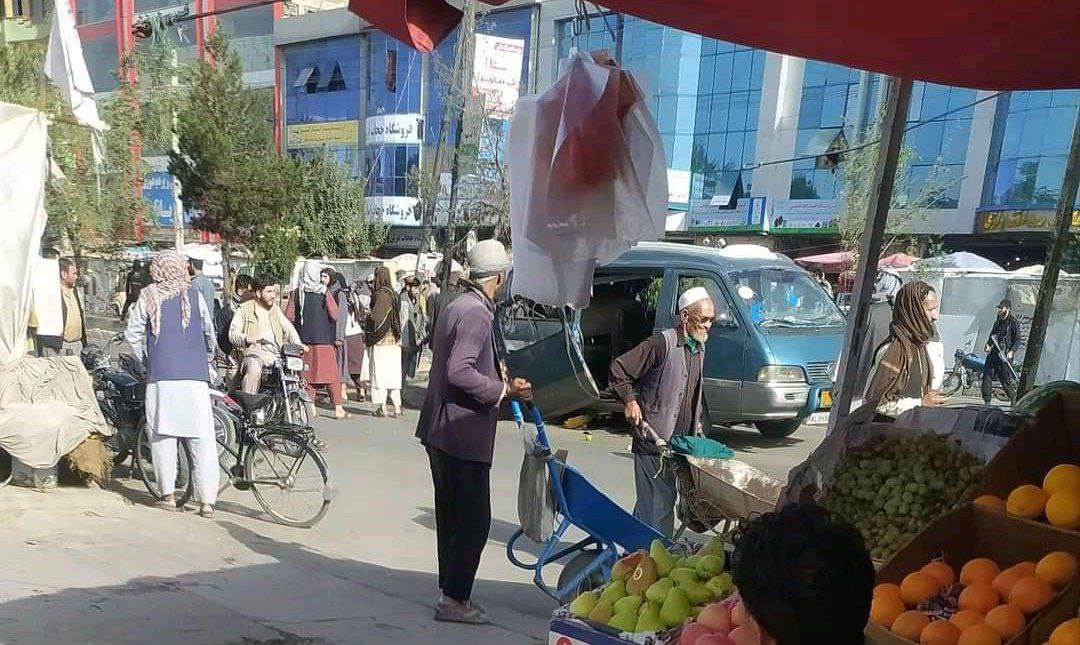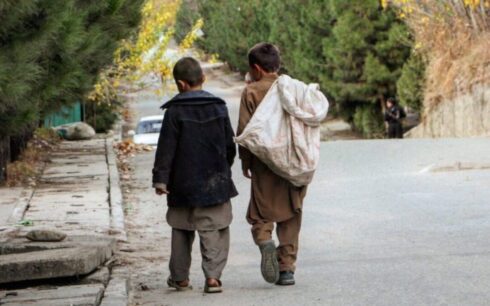KABUL, Afghanistan — Residents of western Kabul have condemned Sunday’s bombing in the Dasht-e-Barchi area, saying the Taliban has failed to ensure security and calling for immediate improvements.
The magnetic mine blast, which occurred in the predominantly Shia neighborhood of Dasht-e-Barchi, left one person dead and 11 others wounded. The area has been repeatedly targeted by deadly terrorist attacks over the past three years, heightening fears among residents.
“We have witnessed repeated attacks, especially in West Kabul. This has raised concerns because there is a possibility it could happen again in the future,” said Hussain, a resident of Dasht-e-Barchi. “I don’t know the purpose of these attacks or who is behind them.”
Fareed, another resident of the area, echoed the call for better security. “Our demand is for our security to be ensured. People leave their homes hoping to find a piece of bread; our children go to school, at least with peace of mind. But unfortunately, we are witnessing back-to-back attacks that have made us worried,” he said.
In the past nine months alone, three explosions have rocked the Dasht-e-Barchi area, with the Islamic State (Daesh) claiming responsibility for all of them:
November 7, 2023: A blast killed seven people and injured 20 others.
January 8, 2024: Another explosion left five dead and 15 injured.
August 11, 2024: The most recent attack resulted in one death and 11 injuries.
Military analyst Sarwar Niazi commented on the Daesh attacks, stating, “Daesh and other groups are actively trying to exploit ethnic issues to destabilize security. Their attacks are always aimed at Shia Muslims, indicating that they want to inflame ethnic tensions.”
The Hazara community, which primarily resides in Dasht-e-Barchi, has repeatedly held demonstrations, denouncing the attacks as genocide. As the violence continues, residents are demanding that the Taliban take stronger action to protect their communities and prevent further bloodshed.





